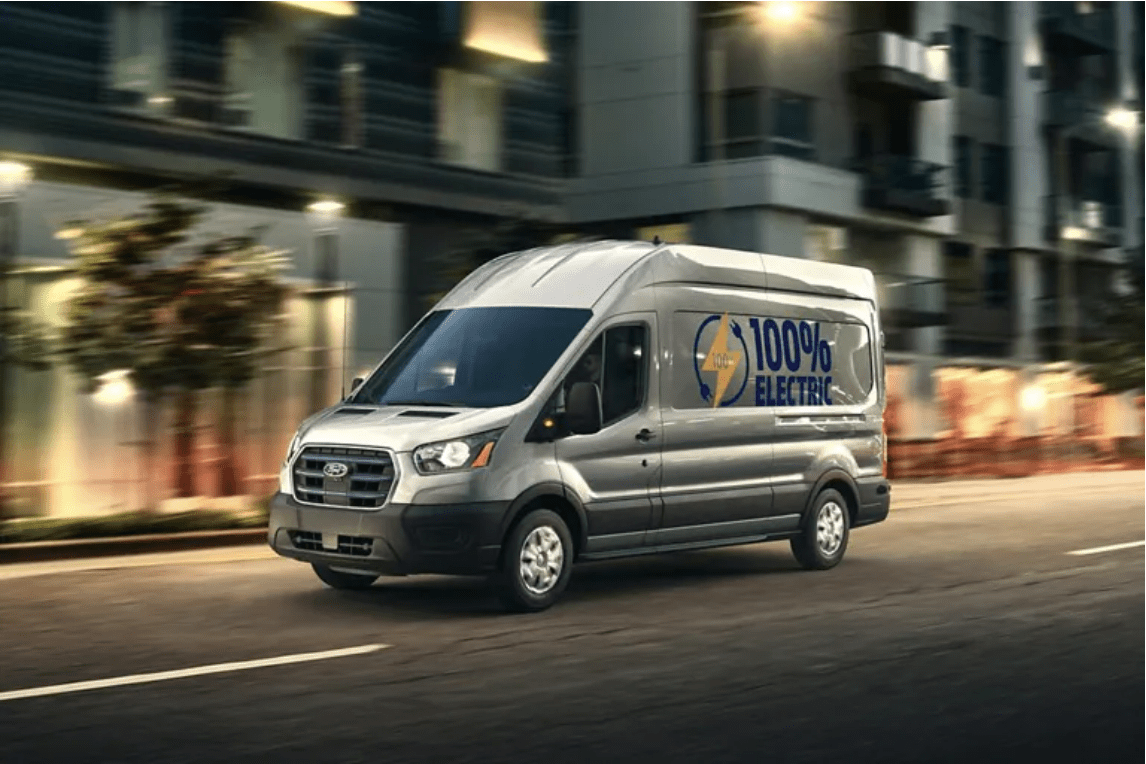
Good Jobs First just named a global “2021 Top Corporate Watchdog”… Ford subsidies in Tennessee could easily top $1 billion… and just how exactly are states spending $350 billion in pandemic relief meant for working families and small businesses?
Arlene here, with an update on what our tireless crew has been meticulously tracking.
But first, using our Amazon Tracker, the Financial Times reported Amazon had secured over $650 million in public subsidies across the United States – in just the first nine months of 2021.
Electric Vehicle (EV) Plants: New Subsidy Darlings
Late last month, Tennessee announced it had successfully lured Ford Motor Company and SK Innovation to build an electric vehicle and battery plant in Stanton (northeast of Memphis).
That got us wondering, as these breathless announcements do , how much public money was used to close the deal. We know the state pledged a $500 million grant, but our senior fellow Kenneth Thomas went digging for the rest.
Between the state grants, local subsidies, government-funded infrastructure improvements, and – the big one – discounted energy from the Tennessee Valley Authority, Thomas estimates the deal will easily cross the $1 billion mark. He wrote about it here.
- Speaking of mega-deals and EVs, residents of the Village of Mount Pleasant and Racine County, Wisconsin, are still wondering when Foxconn plans to pay them back all their money spent on preparing the community for the massive LCD screen plant that has never materialized. Foxconn hasn’t come near its capital investment and hiring promises, yet residents are out $300 million. The community got another blow recently when Foxconn announced it chose Ohio for an EV investment, instead of picking the Badger State. Good Jobs First Executive Director Greg LeRoy talked to Wisconsin Public Radio about what comes next .
- And in Oklahoma, EV start-up Canoo Inc. is in line to receive $300 million in public subsidies. LeRoy told The Frontier the up-front incentives could be trouble if the business plans of the company, whose vehicles are still in development, don’t pan out. Tesla had considered the site, but Elon Musk said he couldn’t get his employees to move there. ” Austin is one of the few places to which they will move,” he said.
Good Jobs First Named #6 Global “Top Corporate Watchdog”
Ethos , a progressive investing firm, just released its global list of “2021 Top Corporate Watchdogs.” Based on factors such as: Relevance to pressing global issues; Independence from corporate influence; Rigor and quality of analysis; Breadth of coverage; and Reach, Good Jobs First ranked No. 6. We’re in some stellar company .
Alabama’s Transparency Problem
Even as states across the country have gotten better about disclosing which companies got how much in economic development subsidies, Alabama keeps its information firmly behind lock and key. It’s so bad that even after a deal is finalized , the state still won’t tell the public which company got how much. You can imagine that makes judging their effectiveness impossible .
Former Alabama State Rep. Patricia Todd wrote about these transparency and accountability failures, and what must be done to improve them, in a new report by Jobs to Move America. Todd gives us the back story in our newest “ 5 questions with ” feature.
A $350 Billion Opportunity
You may remember the American Rescue Plan Act (ARPA) allocated $350 billion in emergency funding to state, local, and tribal governments to help with public health challenges, replace lost tax revenue, and otherwise help ensure a strong recovery.
But some places seem to be showing a commitment to … other things, writes Good Jobs First Research Analyst Katie Furtado. Tennessee and Kentucky fought (and won) for the right to use their money for tax cuts, while Alabama is spending $400 million to build privately run prisons. Other states are taking advantage of the influx of money to re-up or expand economic development subsidy programs. Ugh.

Then there’s Palm Beach Gardens, an upscale Florida community using most of its money to help build a new golf course . Alan Berube, a senior fellow at the Brookings Institution, told the Colorado Sun the choice was an “aggressive reading” of the allowable uses. A city spokesperson said it would have a bike path, though, and create seven new jobs.
- In related news, a recent report from three government watchdog groups reveals a stunning figure: companies controlled by private equity firms received approximately $5.3 billion in federal CARES Act funding. The same private equity firms collectively hold $908 billion in cash reserves. Sadly, PE portfolios are not the only dubious or well-off CARES Act beneficiaries, as Furtado explains here.
Other Amazon news you may have missed:
- Amazon may taketh but it doesn’t want to giveth, walking away from a San Diego site because it would be required to pay its workers an actual living wage. “[Amazon’s] rhetoric is we’re creating good jobs for the people of San Diego, and they have come into many communities with promises around creating economic opportunity,” Terra Lawson-Remer, the San Diego County supervisor who brought forward the ordinance, told Motherboard. “But once there were real expectations to pay enough so people don’t live in poverty, Amazon walked away.”
- Reuters got ahold of internal company documents that show Amazon “ran a systematic campaign of creating knockoffs and manipulating search results to boost its own product lines in India, one of the company’s largest growth markets.” This is consistent with a Wall Street Journal exposé showing how Amazon has done the same to sellers based in the United States.
That’s it for now. Until next time.